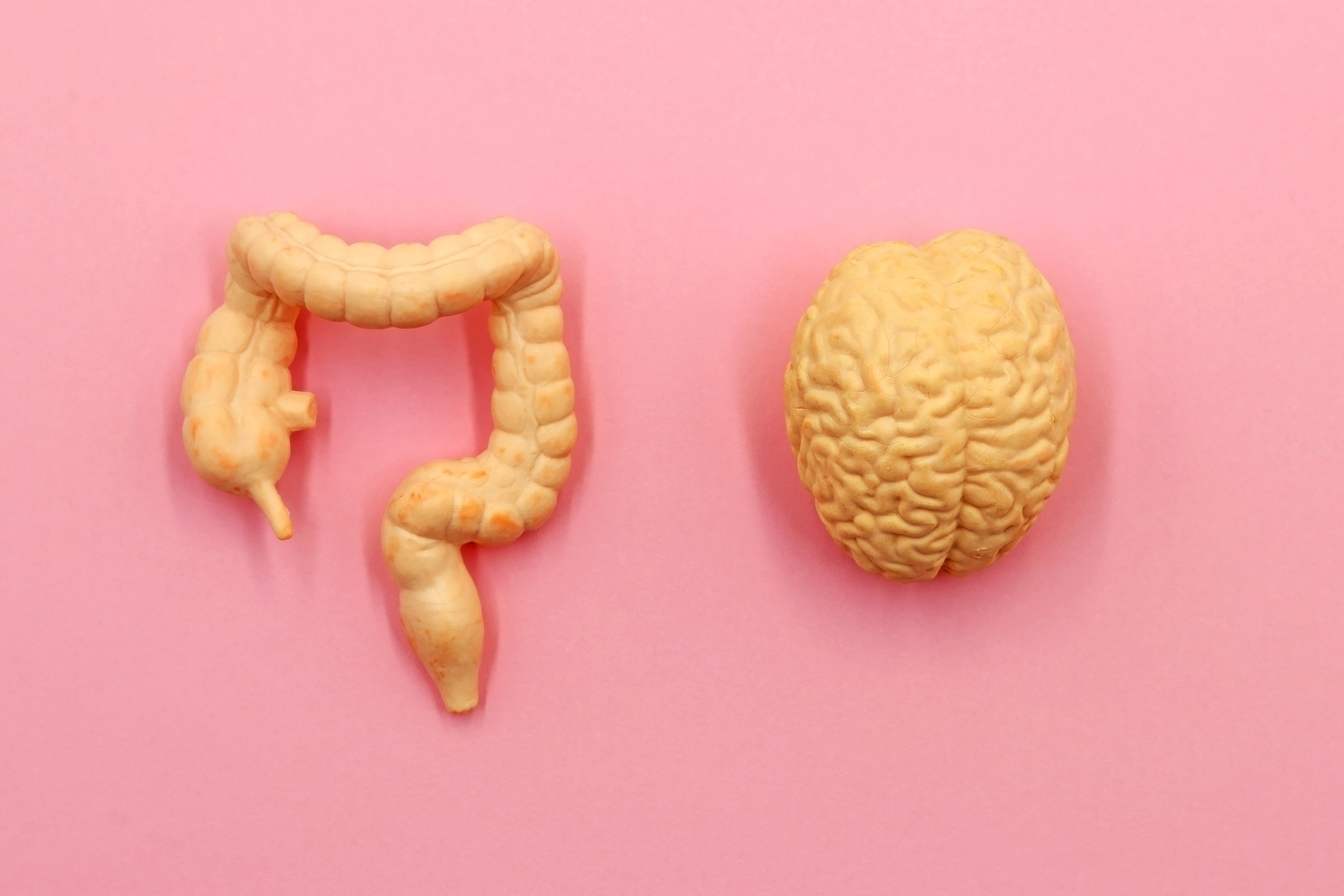Get Easy Health Digest™ in your inbox and don’t miss a thing when you subscribe today. Plus, get the free bonus report, Mother Nature’s Tips, Tricks and Remedies for Cholesterol, Blood Pressure & Blood Sugar as my way of saying welcome to the community!
The pre-symptomatic Alzheimer’s sign that starts in your gut

The gut-brain axis is like a superhighway that runs between your gut and your brain.
One affects the other, and every day research is finding more ways that the two influence each other and your health. The connection is undeniable at this point.
But sometimes we’re not entirely sure in which direction the superhighway is running.
Is it the brain affecting the gut? Or is the gut causing brain issues?
But one thing seems certain: the more we find out, the closer we are to heading off Alzheimer’s before too much damage is done.
An early clue in the gut microbiome
Dr. Gautam Dantas and Dr. Beau Ances are both professors and researchers at Washington University School of Medicine in St. Louis. Dantas is an expert on the gut microbiome, while Ances treats and studies people with Alzheimer’s disease.
Research has already established that the gut microbiomes of people with symptoms of Alzheimer’s differ from the microbiomes of healthy people of the same age.
But Dr. Ances noted that no one had yet looked at the gut microbiomes of people in the pre-symptomatic phase of Alzheimer’s, the period before any cognitive signs appear.
So that’s exactly what they set out to do…
Study participants were drawn from volunteers already on the roster of the Knight Alzheimer Disease Research Center at Washington University. All were cognitively normal.
As part of this study, participants provided stool, blood, and cerebrospinal fluid samples, kept food diaries, and underwent PET and MRI brain scans.
Of the 164 participants, about a third (49) had signs of early Alzheimer’s, shown by brain scans showing the presence of amyloid-β and tau tangles.
Further analysis revealed a crucial fact…
People in the preclinical stage of Alzheimer’s and healthy people had distinctly different gut bacteria.
But even more importantly, these differences correlated with amyloid and tau levels, which rise before cognitive symptoms appear, but did not correlate with neurodegeneration, which becomes evident about the time cognitive skills start to decline.
In other words, these differences in gut bacteria could very well be a signpost of pre-symptomatic Alzheimer’s and could provide the ability to screen and treat people at risk long before they develop any cognitive decline.
Which comes first? We’re not sure yet
The researchers have launched a five-year follow-up study to figure out whether the differences in the gut microbiome are a cause or a result of the brain changes seen in early Alzheimer’s disease.
“We don’t yet know whether the gut is influencing the brain or the brain is influencing the gut,” says Dr. Dantas.
“It could be that the changes in the gut microbiome are just a readout of pathological changes in the brain. The other alternative is that the gut microbiome is contributing to Alzheimer’s disease, in which case altering the gut microbiome with probiotics… might help change the course of the disease.”
But earlier research has already shown that protecting your gut also protects your brain…
Take care of your gut — save your brain
A study that looked at data from 1,742 people diagnosed with either ulcerative colitis or Crohn’s disease showed that people with IBD were diagnosed with dementia an average of seven years earlier than those without IBD, and that of all of the dementias, the risk for Alzheimer’s disease was greatest.
Taking a daily probiotic is hands down one of the best and healthiest ways to protect your brain.
So is adding a little fiber to your diet per a study that identified a gram-negative bacteria that crossed the blood-brain barrier to wreak havoc.
Finally, try and eat frequent, smaller meals, so as not to stress your gut. A diet based around plants, whole grains and fermented foods is the best way to eat to maintain a healthy gut and, hopefully, a healthy brain.
Editor’s note: While you’re doing all the right things to protect your brain as you age, make sure you don’t make the mistake 38 million Americans do every day — by taking a drug that robs them of an essential brain nutrient! Click here to discover the truth about the Cholesterol Super-Brain!
Sources:
Altered gut bacteria may be early sign of Alzheimer’s disease — Eureka Alert
Gut microbiome composition may be an indicator of preclinical Alzheimer’s disease — Science Translational Medicine
9 Ways to Improve Your Gut Bacteria, Based on Science — Healthline














